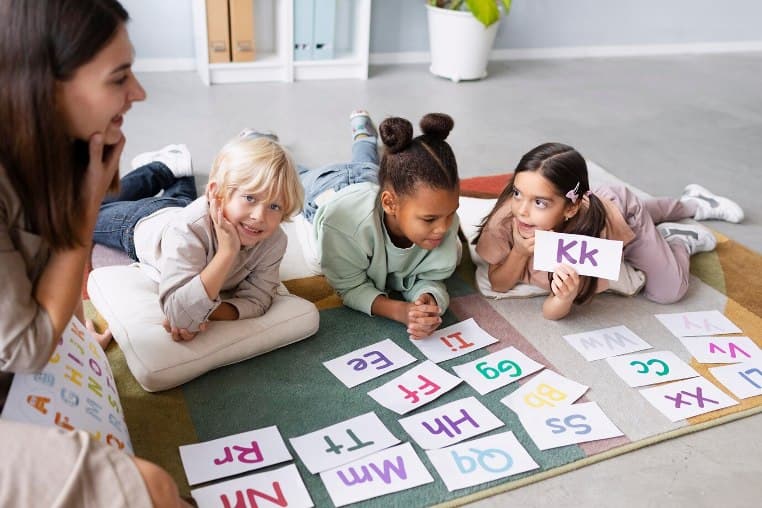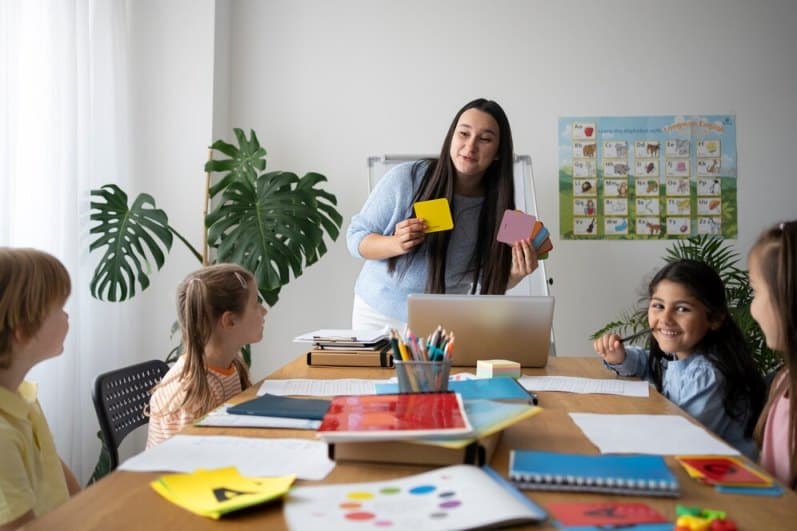The time and the advance of the technologies make the way to conceive the education change. Similarly, the methods and devices employed by teachers for this task may also vary over the years.
In the age of technology, allowing digital access to the classroom can benefit the educational experience for both students and educators. Although it is not an essential requirement to be a teacher in the current era, including gadgets and resources that allow diversify the learning is highly valued in educational centers that seek to prepare students for the digital environment.
Among the wide range of available options, Virtual Reality is positioned as the ideal tool to create new educational environments, diversifying the options and allowing the teacher to attend the needs of each student without neglecting the group dynamics. Neuroeducation experts prefer this technology for its ability to create scenes of 360 degrees within the classroom allowing generating more vivid and emotional experiences.
But the big question is: Why? What benefits can virtual reality bring into the room? We tell you 5 of these benefits:
1. Improve understanding
Sometimes it becomes difficult to achieve the total understanding of a concept, fundamentally when it is very abstract or complex. Therefore, showing it in all its dimensions with virtual reality can facilitate its understanding and correct processing.
2. Save time
As knowledge is understood faster the results can be obtained in less time, so that the teacher can spend more time in the classroom explain other concepts adjacent to the main information that want to convey and thus generate a more complete lesson.
3. Generates more lasting knowledge
What is experienced is usually remembered for a longer time and with better clarity than what another person tells us. That is why lessons that include an emotional part, such as those that can occur with virtual reality, create more stable and lasting knowledge over time.
4. More attentive and cooperative students
The creation of Immersive experiences can increase the times of attention of students as well as facilitate the experiences of team work.
5. Personalization of teaching
Teachers will be able to work more efficiently on the specific difficulties of each student and focus on the aspects that each student needs to deepen.



